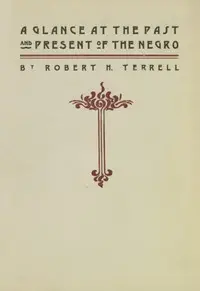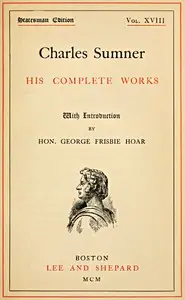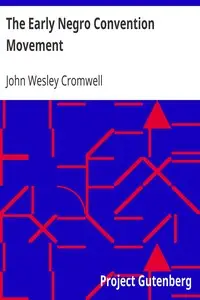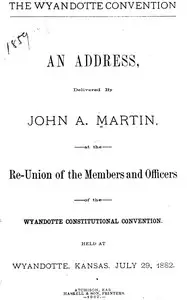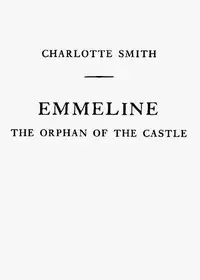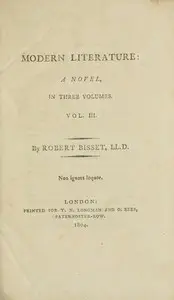"Speeches at the Constitutional Convention" by Robert Smalls is a late 19th-century record that captures the fiery debates of the South Carolina Constitutional Convention. It shines a light on speeches given during this event, with a strong emphasis on voting rights and equality for all. Smalls, a prominent African American figure, uses powerful words to advocate against the unfair treatment and denial of rights to Black citizens. He passionately fights the efforts to keep Black people from voting, which were disguised as educational and property rules. Smalls' speeches use facts, reasoning, and strong feelings to challenge unjust laws, calling for a fair and equal constitution. The narrative emphasizes the complex social and racial issues in America after the Civil War.
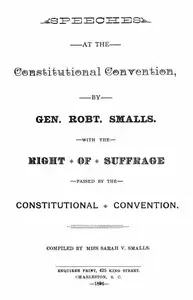
Speeches at the Constitutional Convention With the Right of Suffrage Passed by the Constitutional Convention
By Robert Smalls
In the late 19th century, one man's powerful words echoed through a politically charged convention, fighting for the right for every citizen to have a voice and equal rights under the law.
Summary
About the AuthorRobert Smalls was an American politician who was born into slavery in Beaufort, South Carolina. During the American Civil War, the still enslaved Smalls commandeered a Confederate transport ship in Charleston Harbor and sailed it from the Confederate-controlled waters of the harbor to the U.S. blockade that surrounded it. He then piloted the ship to the Union-controlled enclave in Beaufort–Port Royal–Hilton Head area, where it became a Union warship. In the process, he freed himself, his crew, and their families. His example and persuasion helped convince President Abraham Lincoln to accept African-American soldiers into the Union Army.
Robert Smalls was an American politician who was born into slavery in Beaufort, South Carolina. During the American Civil War, the still enslaved Smalls commandeered a Confederate transport ship in Charleston Harbor and sailed it from the Confederate-controlled waters of the harbor to the U.S. blockade that surrounded it. He then piloted the ship to the Union-controlled enclave in Beaufort–Port Royal–Hilton Head area, where it became a Union warship. In the process, he freed himself, his crew, and their families. His example and persuasion helped convince President Abraham Lincoln to accept African-American soldiers into the Union Army.

